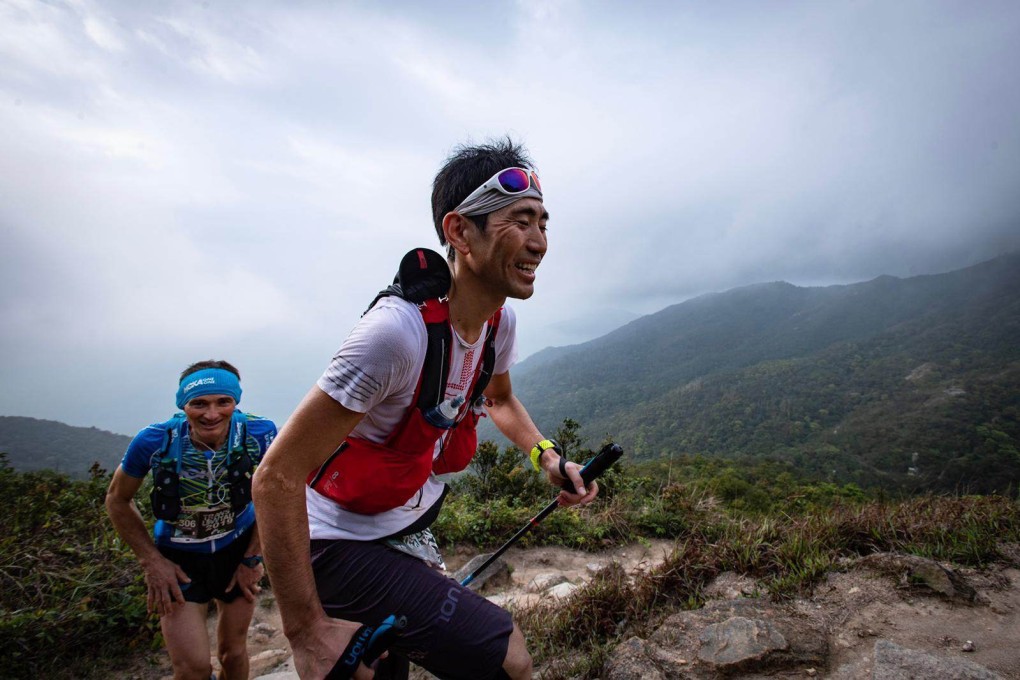Letters | Hong Kong’s quarantine policies also threaten to derail trail running scene
- Readers discuss how pandemic restrictions are affecting the organisation of an international race in November and the city’s ongoing crisis of confidence

As a person who registered to take part in the event, I received more bad news earlier this week. It is likely that only the 50km and 25km events can take place, meaning the 100km and 140km events could become virtual races.
Moreover, event organisers might not be allowed to provide food to competitors during races. This proposed measure is simply ridiculous. Even though the 50km and 25km races are relatively short races, most athletes will need to consume food during the races.
Do the government officials responsible for designing such measures genuinely believe runners eating their own food could significantly reduce the chance of spreading Covid-19? One could even argue that, if food is provided by race organisers, the risk of spreading the virus is even lower because organisers can help enforce social distancing measures when runners consume food at checkpoints.
